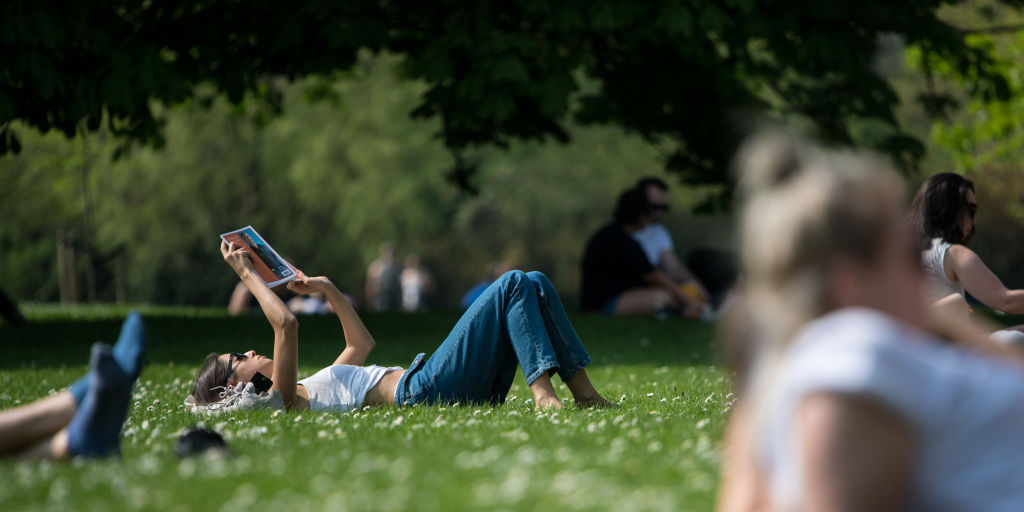- Television has become a staple in many people’s routines, especially now that streaming shows and movies are available at the click of a button.
- As an avid TV watcher, I decided to rediscover my childhood love for books by replacing TV with reading for two weeks.
- It was difficult, and I found myself missing my evening television viewing, but I’ve shifted my entertainment habits as a result of this experiment.
When I was 9, my parents moved our family to a house in the suburbs and bought a huge flat-screen television. Suddenly TV, which until then had been limited to a half-hour after school – if I didn’t have homework – became an essential part of my daily life.
After this shift, reading became an educational activity rather than the pure entertainment it had been before.
Recently, I found myself missing reading for fun. Plus, I have a stack of books next to my bed that are more decorative than anything else at this point. So I decided to give up my two-hour postwork TV habit for two weeks and replace it with reading.
By the end of the experiment, I made a dent in my bedside-reading stack. I finished a new book (Shirley Jackson's "The Haunting of Hill House"), reread another (Tina Fey's "Bossypants"), and started "Tenth of December," a collection of short stories by George Saunders.
The experiment also affected me in ways I wasn't expecting.
1. I listened to a lot more music than usual.
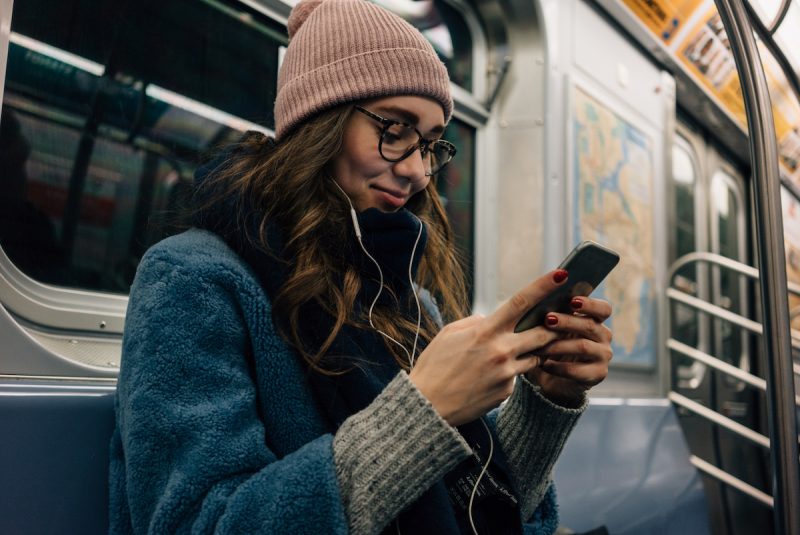
I work from home, and I quickly figured out that I had been using the television to simulate having someone else in the room while I worked.
With that gone, I was acutely aware of how solitary my job is. I quickly restarted the Spotify premium membership I'd recently cancelled for some much needed background noise.
2. I realized how blurry the lines are between TV and digital culture.
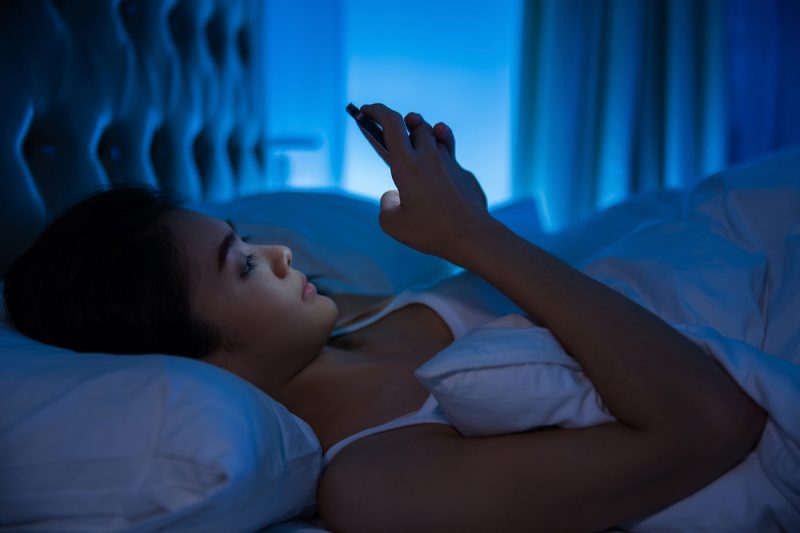
The rules of engagement for this experiment were not as cut and dried as I thought they were. Was I allowed to watch Instagram or Snapchat videos? Could I watch a news clip on Twitter?
Watching video online felt like cheating, so I decided to avoid it (with the notable exception of dog videos). This decision made me feel left out of certain events, like the White House Correspondents' Dinner. But with the speed of the news cycle, I got over my FOMO quickly.
3. I focused a lot more on what I was giving up than what I gained.
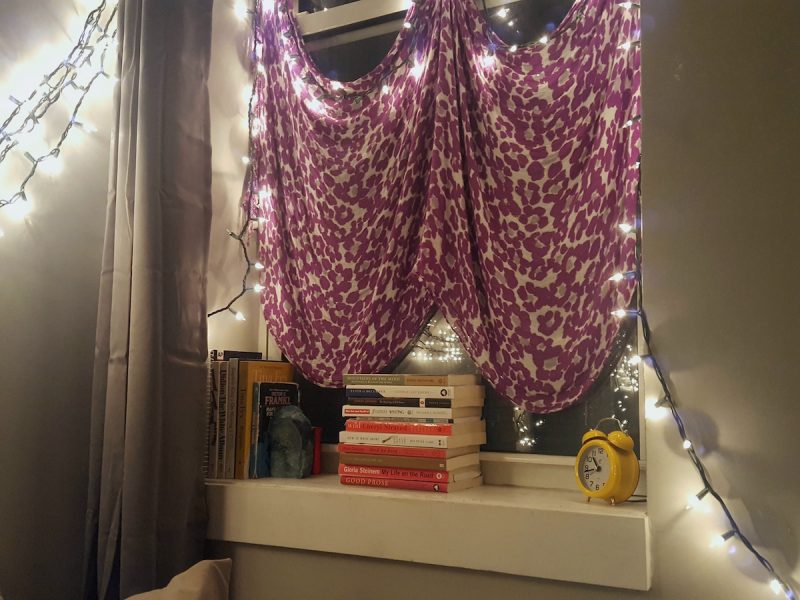
"The Haunting of Hill House" was suspenseful and reminded me of how much I loved sci-fi books as a kid. Tina Fey's memoir made me laugh and think about how much pop culture has changed in the past seven years. George Saunders' collection of short stories was delightfully unpredictable and made me want to pick up creative writing again.
4. I got a lot more work done.
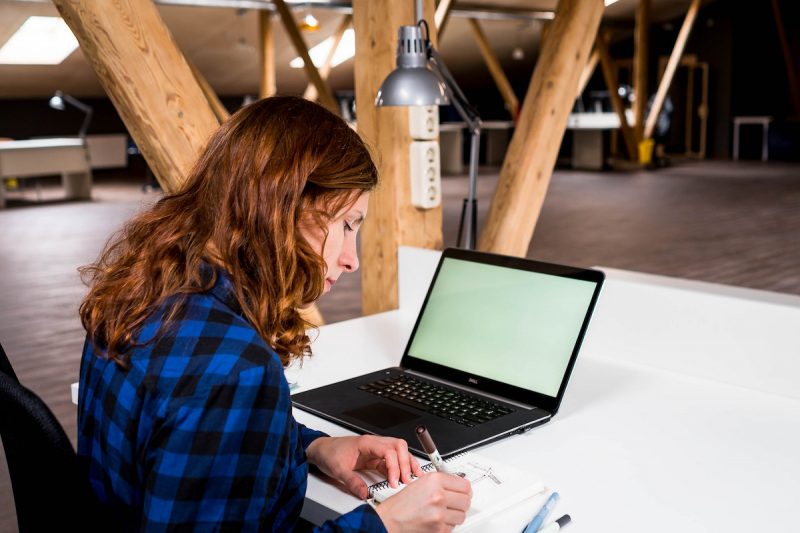
At first I thought the "extra" energy I was expending on reading would make it harder to maintain my usual work output. But during the two weeks I actually experienced a burst of creative energy and wrote a few thousand more words than I would in a typical week.
5. I couldn’t wait for the experiment to be over.
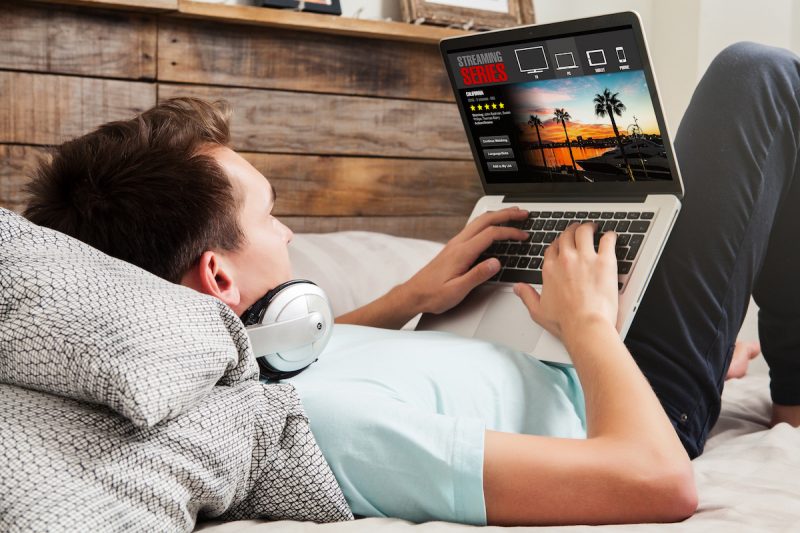
Despite the obvious benefits, the first week was a bit excruciating. I didn't actually adjust to this new lifestyle until the last few days. For context, I went vegan three years ago, and, overall, giving up TV to read was much harder for me.
6. Once it was over, I had to reevaluate my entertainment habits.

I was eager to catch up on all the shows I'd missed while on hiatus from TV. But that list was a bit overwhelming.
There were new episodes of "The Handmaid's Tale," which meant I had to go back and rewatch season one as well. I also had to finish a show on Netflix before it was removed at the end of the month. The only thing I was truly excited about was that Netflix was adding "Coco" that month.
I realized I was putting a lot of mental effort into my TV watching, something that is supposed to be entertainment. I think it's because digital culture requires us to join in or risk being culturally irrelevant. I'd experienced that for the past two weeks, and it was rough.
But I also had some great moments while reading, moments I didn't want to give up, like getting to know the strange and quirky characters in Jackson's book.
In the end, I decided to split the difference by limiting my television to one hour a day while keeping up my daily reading habit. Even though I didn't fully regain that childhood enthusiasm for reading, I did catch glimpses of it - and I found a way to balance my love of these two types of entertainment that seemed to be at odds with each other.

